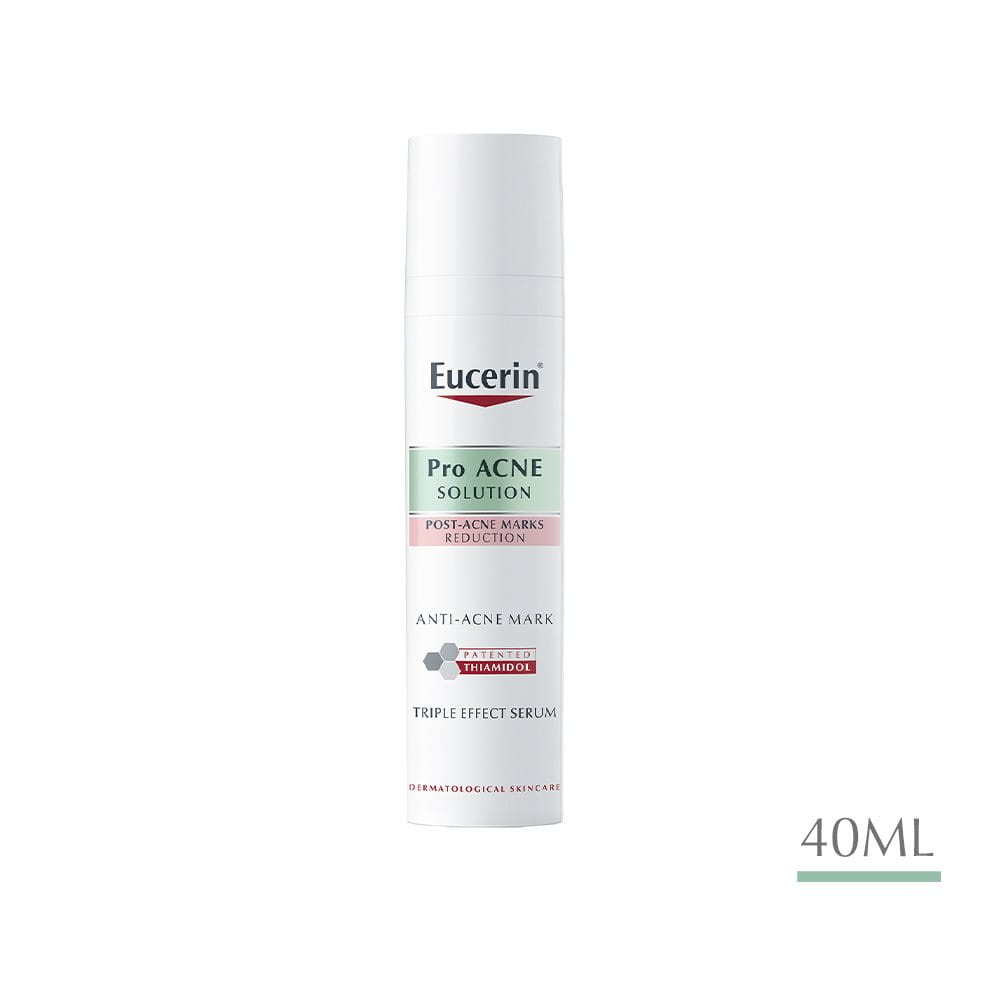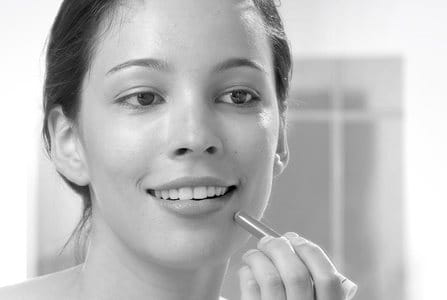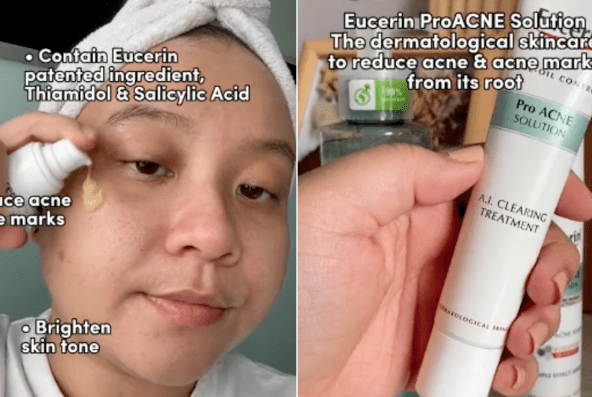The plethora of commercial products for acne–cleansers, serums, toners, etc.–and the effects of false advertising have induced a large misconception surrounding this skin disease. From peer advice and tips to viral TikTok and Facebook posts, separating facts from fiction can be hard.
This article aims to debunk common acne myths and clarify what causes acne to form on the skin, plus some strategies to effectively control it.
Myth #1: Only teenagers get acne

Acne isn’t an adolescent skin concern. It spares no sympathy for adults aged 20 or older. While many may ‘grow out’ of acne as they age, hormones and genetics are huge factors in acne formation–particularly for women experiencing menstruation, pregnancy, or polycystic ovary syndrome (PCOS).
Myth #2: People with oily skin are more likely to develop acne

Acne isn’t exclusive to those with oily skin. People with dry or combination skin types can also experience it due to hormonal changes, genetics, certain health conditions, or
medication.
Another misconception about oily skin types is that they require ‘more cleansing’. The truth is that over-washing your face to achieve squeaky clean skin is more damaging than under-washing. This can easily irritate your skin’s natural barriers, making it more acne-prone.
Myth #3: Sugary foods cause acne

Myth #4: Acne can go away on its own

How does acne develop?
No matter the age, skin type, or diet, one can still experience bacteria overgrowth on the skin that causes acne. Complex and interrelated factors are involved in its development.

Micro-inflammation
Genetics and hormones can make one more prone to inflammation than others. Inflammation is present at every stage of acne development and can be triggered by bacteria and changes in hormones or the composition of sebum on the skin.
Seborrhea
That brings us to the production of sebum, an oily substance that keeps our skin and hair feeling supple and moisturised. Excess sebum can interfere with the natural process of shedding dead skin cells, and the lipids that build up in the sebaceous glands can worsen inflammation.
Bacteria build-up
Propionibacterium acnes, more commonly known as P.acnes, is a harmless type of bacteria that lives on the skin. Excess sebum creates a healthy environment for them to thrive in, allowing them to colonise the ducts of sebaceous glands. Papules and pustules are the most common types of acne that form following the build-up.
Acne that develops on the skin can vary from minor blackheads and whiteheads to severe cysts and nodules.
Treating acne
While there are many treatments available in the market, it’s important to do thorough research before purchasing. For instance, viral acne-vanishing products on social media may seem promising–but how well can their ingredients suit unique skin types and concerns?

Curating a safe skincare routine begins with choosing the right cleanser. Eucerin’s ProACNE Gel to Foam Cleanser is formulated with 2% salicylic acid to remove excess sebum while AHA, BHA, and PHA help reduce acne marks–all without drying out the skin. The next step is to keep the skin moisturised, despite false claims that it makes the skin ‘oilier’. In contrast, dehydrated skin tends to be more sensitive to inflammation. Eucerin’s ProACNE Triple Effect Serum’s blend of Lico A + Decol, Carnitine, AHA, BHA, and PHA effectively reduces excessive oil and reduces acne re-appearance, while Panthenol gently exfoliates the skin without drying. To learn more about this acnefighting
range, click here.
Apart from that, sun protection is crucial to protect the skin from UV rays that can worsen acne. Medical treatments can also be prescribed by doctors for more severe conditions.
All in all, acne is a complex, multi-factored skin condition that can affect anyone, contrary to the baseless myths we see on the internet. Proper research and treatment can help elevate its symptoms, while a healthy lifestyle and diet can generally improve the skin’s natural defense against acne.









